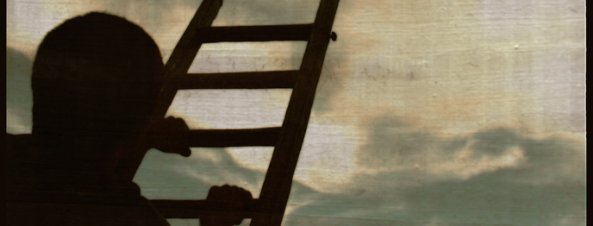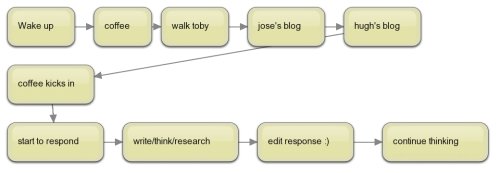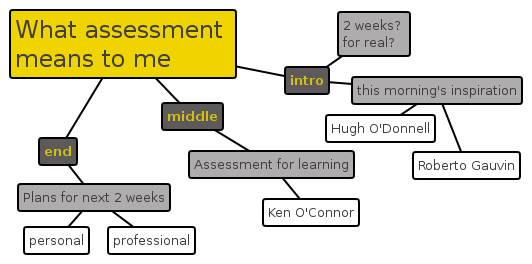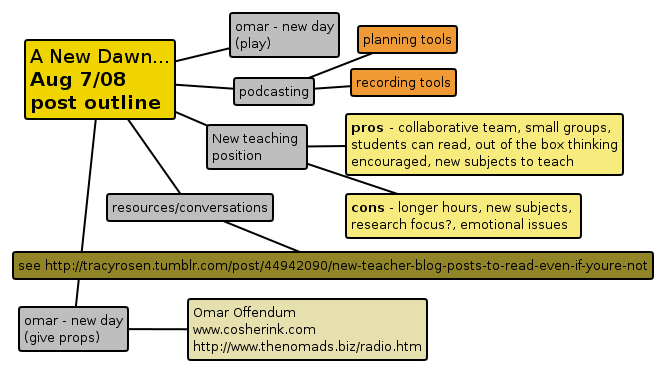Listen to a podcast about this post here [audio: learningfrommystudents.mp3]

My students inspire me
“I have learned more math this week than I have so far in all my years of high school.”
“Today I don’t feel complete. I did not get to the gym yesterday because I was working on homework and I didn’t finish the homework because I didn’t get some of it. So I’m not feeling complete.”
“I’m weird. I get the math when it is in a word problem, but not when it is written as straight math.”
“Today I am tired. I had another fight with my mother last night and didn’t get to bed until late. Tonight I am going to party.”
Why?
Because I learned that even though the math scares me a bit, I can teach it. And I think that is because I teach my children first and then the math. I also learned that we do such a disservice to students when we stay focused on basic skills rather than going on to learning that requires higher-order thinking skills. If she had not told me that she was ‘weird’ I may have made her do more of that ‘straight math’ instead of letting her think. I wonder how many other ‘weird’ students are out there. I learned where my students are coming from when they put their heads down during study hall, the last 45 minutes of the day, instead of reading a short story or trying to figure out the equivalent resistance of whatever.
and I learned this:
To you, 17-year old Cody
Each morning we check in
in a circle we sit
we shoot the shit
we state where we are at
so we can clear the path to where we are going
so we can clear the path to the part of our journey that will take place today.
“I feel tired”
“I feel happy”
“I did not finish my homework”
On Thursday morning you, 17-year old Cody, said
Today I do not feel complete.
and you went on to say why.
all eloquent and concise.
And I learn that it is not my job to make
you feel complete.
I think to myself of what stops me from feeling complete – of my boundaries, my hard lines, my fears.
No, it is not my job to make you feel complete. It is my job to learn from you how to rearrange my own boundaries, reorganize my own hard lines into rungs as I rise to my own completeness.
And that is why I say to you, 17-year old Cody, thank you.
Tracy, Sept. 13/08
Everyday Real (moment of truth 2008) [audio: http://www.tracyrosen.com/leadingfromtheheart.org/wp-content/uploads/podcasts/everydayrealmomentoftruth2008.mp3]
From The Pull Forward EP Vol.2 by Scholarman, available for free download here


 Mind Map made with
Mind Map made with

